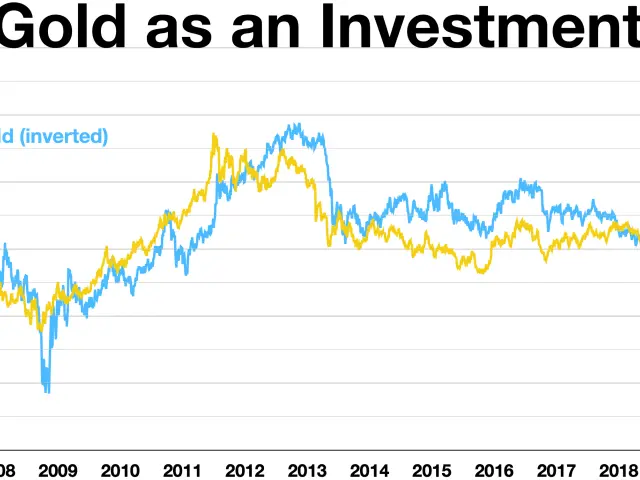Last Opportunity for International Agreement on Plastic Waste Control
In the ongoing fifth session of the Intergovernmental Negotiating Committee (INC-5.2) at the United Nations in Geneva, efforts to conclude an international accord on plastic pollution have hit a roadblock. Despite the commitment of 184 participating countries to address the global crisis, a consensus on a treaty remains elusive [1][3].
Major Points of Dispute
The negotiations are fraught with several significant points of dispute. One such issue is the question of compromise and red lines. Countries have brought firm positions to the table, making it challenging to achieve a consensus. As noted by Danish environment minister Magnus Heunicke, compromise requires bending these lines, a proposition many countries have been reluctant to accept [4].
Another contentious point is the focus of the treaty. While some countries advocate for production caps, others emphasize the importance of better design, recycling, and reuse. The U.S., for instance, opposes caps on plastic production, favouring improvements in design and recycling instead [5].
The text of the treaty has also been a point of contention. Luis Vayas Valdivieso, the chair of the negotiating committee, presented two drafts, but neither was adopted as a basis for further negotiations by the representatives of the participating countries [2][4].
Geopolitical complexities and economic interests further complicate the process of reaching a globally acceptable agreement [3].
The Road Ahead
Despite the current impasse, there is a commitment from member states to continue working towards a treaty. The UN Secretary-General António Guterres and the Executive Director of the UN Environment Programme, Inger Andersen, have emphasized the determination of countries to remain engaged in the process [1][3]. The talks will resume at a later date.
Greenpeace delegation chief Graham Forbes has called on ministers to uphold the ambition they have promised and address the root cause: the relentless expansion of plastic production. Kenya, too, has stated that the draft text had been significantly diluted and lost its objective to end plastic pollution [1].
As the final day of negotiations unfolds in Geneva, the World Wide Fund for Nature (WWF) has declared the remaining hours critical in turning the situation around. A watered-down, compromised text, warns WWF, would have immense implications on people and nature around the world [6].
Negotiators from 184 countries have been working tirelessly since August 5 to try to conclude a first international accord on dealing with plastic pollution. The problem of plastic pollution is so ubiquitous that microplastics have been found on the highest mountain peaks, in the deepest ocean trench, and scattered throughout almost every part of the human body [7].
As the clock ticks down, the prospects of finding meaningful common ground before Friday, after three years of talks, seem low due to the differences between countries wanting bold action and oil-producing nations [8]. The draft text, which has been branded entirely unacceptable by some countries, has been immediately shredded as one country after another has ripped it to bits [9].
Failure to reach an agreement on Thursday, according to WWF, would mean more damage, more harm, and more suffering [10]. However, there is still hope. As David Azoulay, the Center for International Environmental Law's delegation chief, has suggested, it is still possible to write a 10-page text that takes into account all main points [11].
References: 1. BBC News 2. Reuters 3. The Guardian 4. CNBC 5. The Hill 6. WWF 7. National Geographic 8. Al Jazeera 9. The New York Times 10. The Independent 11. The Associated Press
Read also:
- Amidst India's escalating climate crisis, transgender individuals continue to persevere
- Germany's three-month tenure under Merz's administration feels significantly extended
- Governing body allegedly persists in enjoying vacation time amidst Spain's highest danger level due to fires, claims Feijóo
- United Nations Human Rights Evaluation, Session 45: United Kingdom's Statement Regarding Mauritius' Human Rights Record








